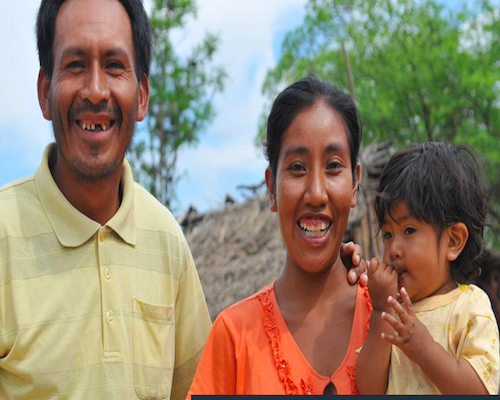World Health Statistics Report 2019
- Where women can access health services, maternal deaths decrease, lengthening women’s life expectancy.
- In many circumstances, men access health care less than women.
- Men are much more likely to die from preventable and treatable noncommunicable diseases and road traffic accidents.
- 18.1-year gap in life expectancy between poorest and richest countries.
Women outlive men everywhere in the world – particularly in wealthy countries. The World Health Statistics 2019 – disaggregated by sex for the first time – explains why.
“Breaking down data by age, sex and income group is vital for understanding who is being left behind and why,” said Dr Tedros Adhanom Ghebreyesus, WHO Director-General.
“Behind every number in the World Health Statistics is a person, a family, a community or a nation. Our task is to use these data to make evidence-based policy decisions that move us closer to a healthier, safer, fairer world for everyone.”
The gap between men’s and women’s life expectancy is narrowest where women lack access to health services. In low-income countries, where services are scarcer, 1 in 41 women dies from a maternal cause, compared with 1 in 3300 in high-income countries. In more than 90 per cent of low-income countries, there are fewer than 4 nursing and midwifery personnel per 1000 people.
Attitudes to healthcare differ. Where men and women face the same disease, men often seek health care less than women. In countries with generalized HIV epidemics, for example, men are less likely than women to take an HIV test, less likely to access antiretroviral therapy and more likely to die of AIDS-related illnesses than women. Similarly, male TB patients appear to be less likely to seek care than female TB patients.
The report also highlights the difference in causes of death between men and women – some biological, some influenced by environmental and societal factors, and some impacted by availability of and uptake of health services.
Of the 40 leading causes of death, 33 causes contribute more to reduced life expectancy in men than in women. In 2016, the probability of a 30-year-old dying from a noncommunicable disease before 70 years of age was 44% higher in men than women.
Global suicide mortality rates were 75% higher in men than in women in 2016. Death rates from road injury are more than twice as high in men than in women from age 15, and mortality rates due to homicide are 4 times higher in men than in women.
Published to coincide with World Health Day on 7 April, which this year focuses on primary health care as the foundation of universal health coverage, the new WHO statistics highlight the need to improve access to primary health care worldwide and to increase uptake.
“One of WHO’s triple billion goals is for 1 billion more people to have universal health coverage by 2023,” said Dr. Tedros. “This means improving access to services, especially at community level, and making sure those services are accessible, affordable, and effective for everyone – regardless of their gender.”
“These statistics underscore the need to prioritize primary health care urgently to effectively manage noncommunicable diseases, and to curb risk factors.” said Dr. Samira Asma, WHO Assistant Director General for Data, Analytics and Delivery. “For example, something as simple as controlling blood pressure is just not happening on the scale needed and tobacco use remains a leading cause of premature death.”
Life expectancy has improved since 2000
Between 2000 and 2016, global life-expectancy at birth increased by 5.5 years, from 66.5 to 72.0 years. Healthy life expectancy at birth – the number of years one can expect to live in full health- increased from 58.5 years in 2000 to 63.3 years in 2016.
Life expectancy remains strongly affected by income. In low-income countries, life expectancy is 18.1 years lower than in high-income countries. One child in every 14 born in a low-income country will die before their fifth birthday.
For the first time, this year, WHO’s Global Health Statistics have been disaggregated by sex. This new analysis has provided insights into the health and needs of people around the world. But many countries still struggle to provide gender disaggregated information.
“Closing data gaps will accelerate and is important to closing the gender gap,” said Dr. Richard Cibulskis, the report’s main author. “Collecting, analyzing, and using good quality, disaggregated data is central to improving people’s health and wellbeing. Health policy and practice must be underpinned by robust and reliable data, generated in countries.”
healthy soch





















